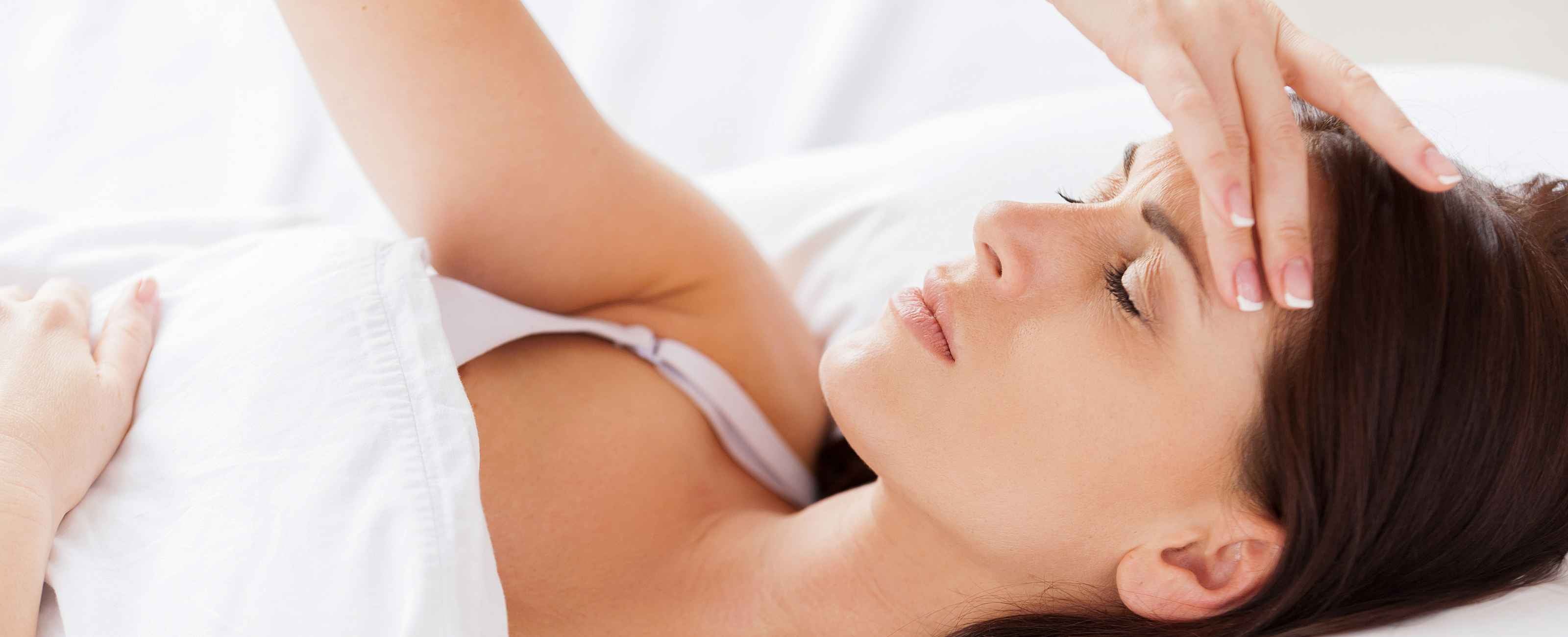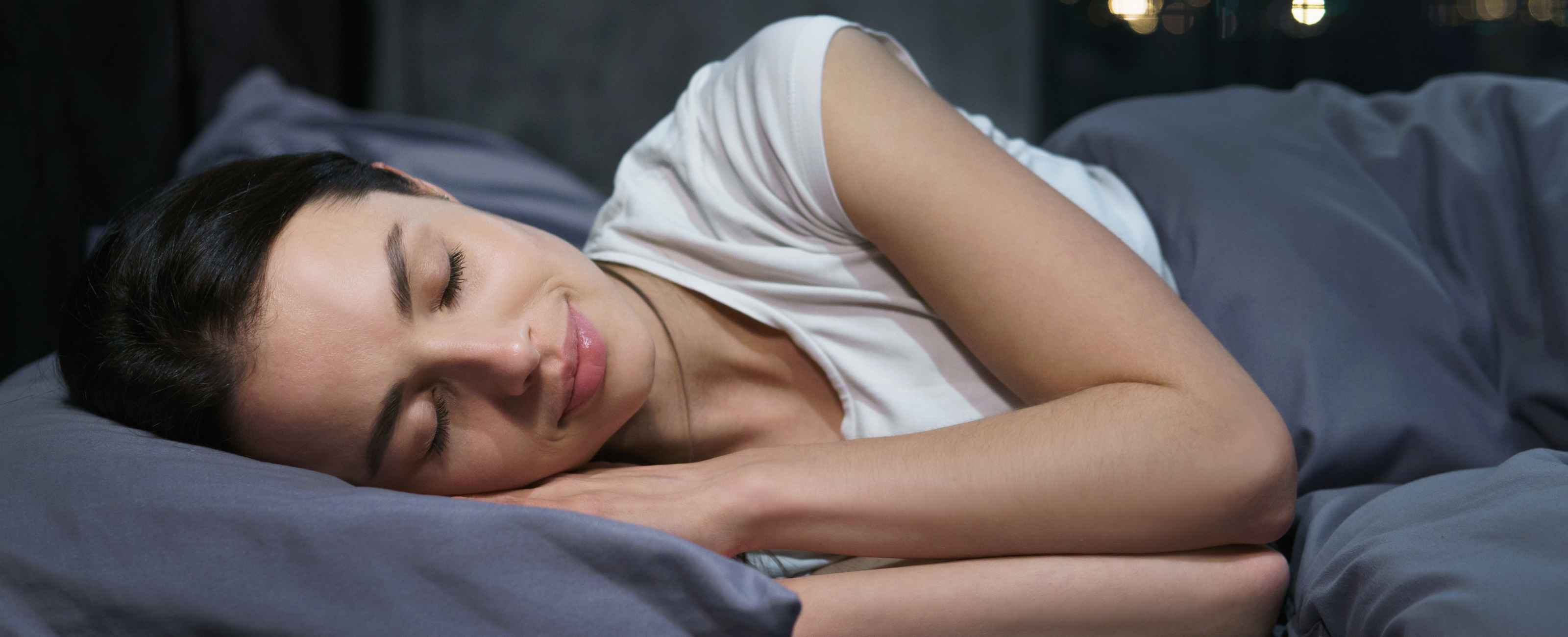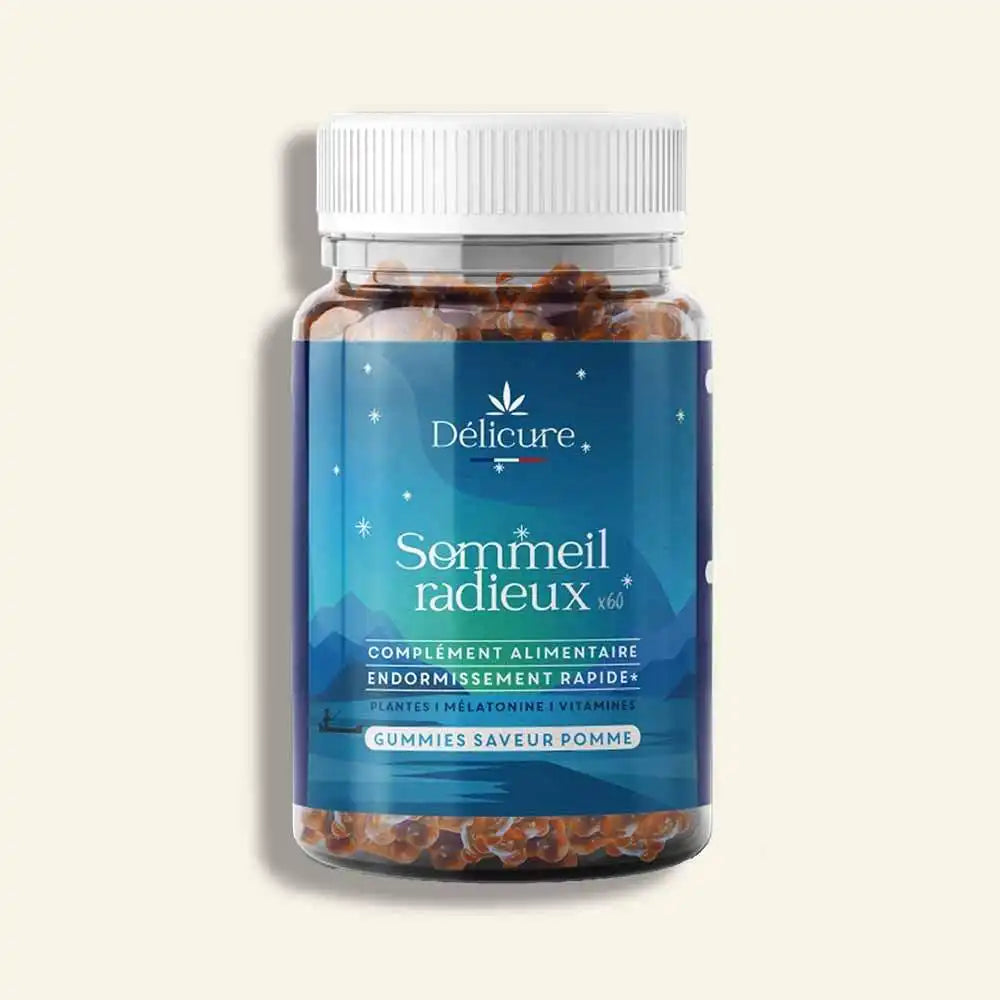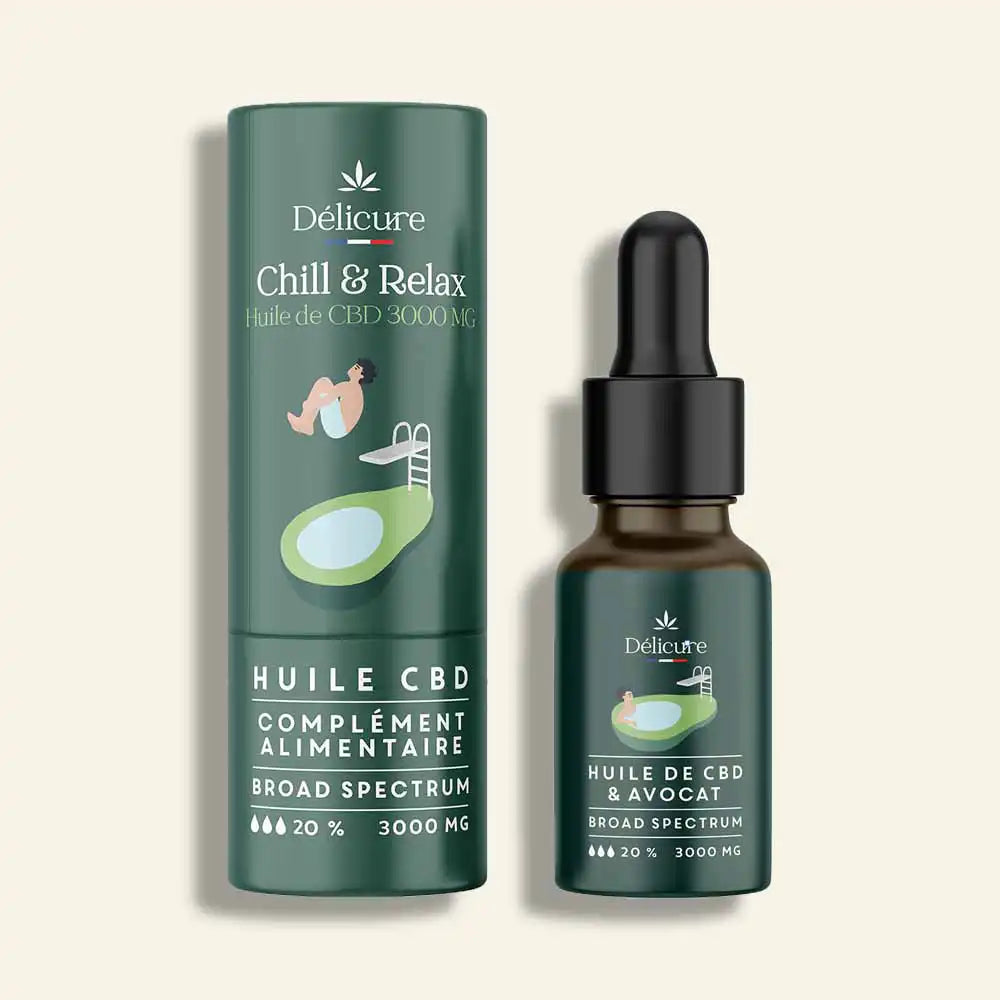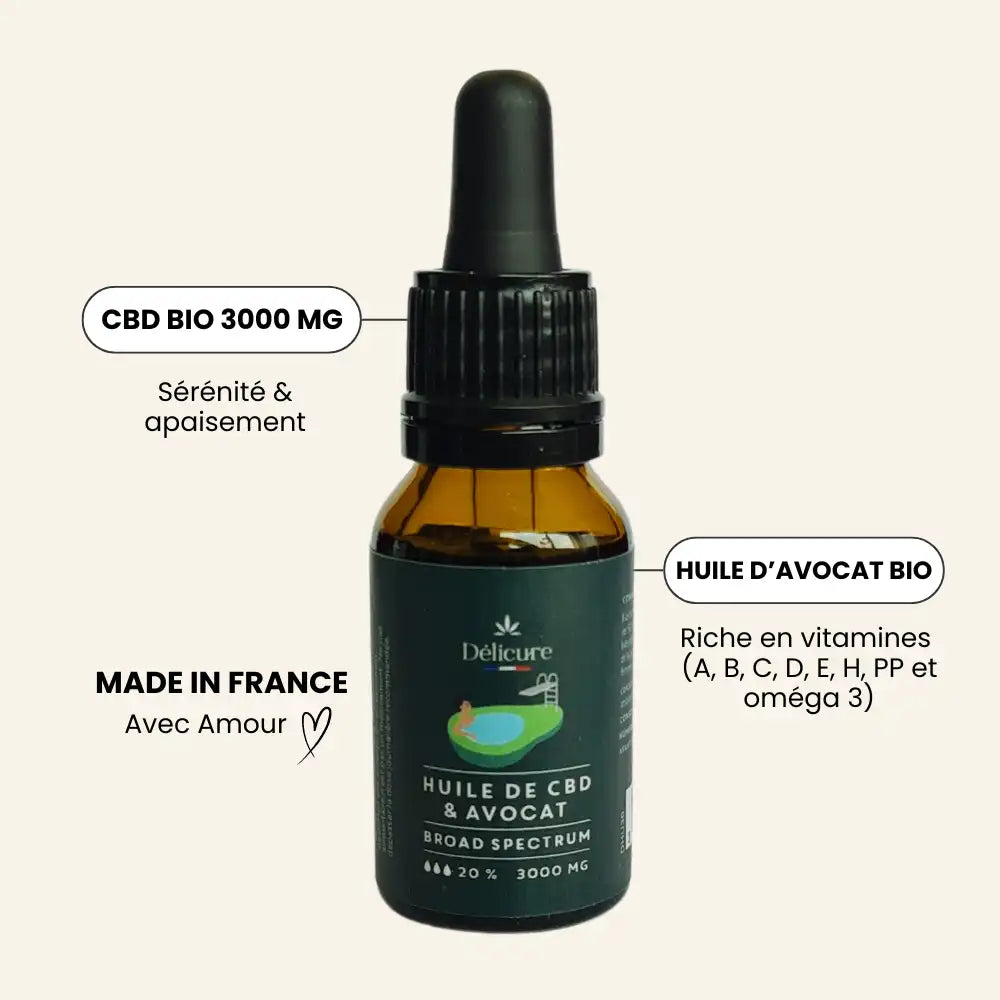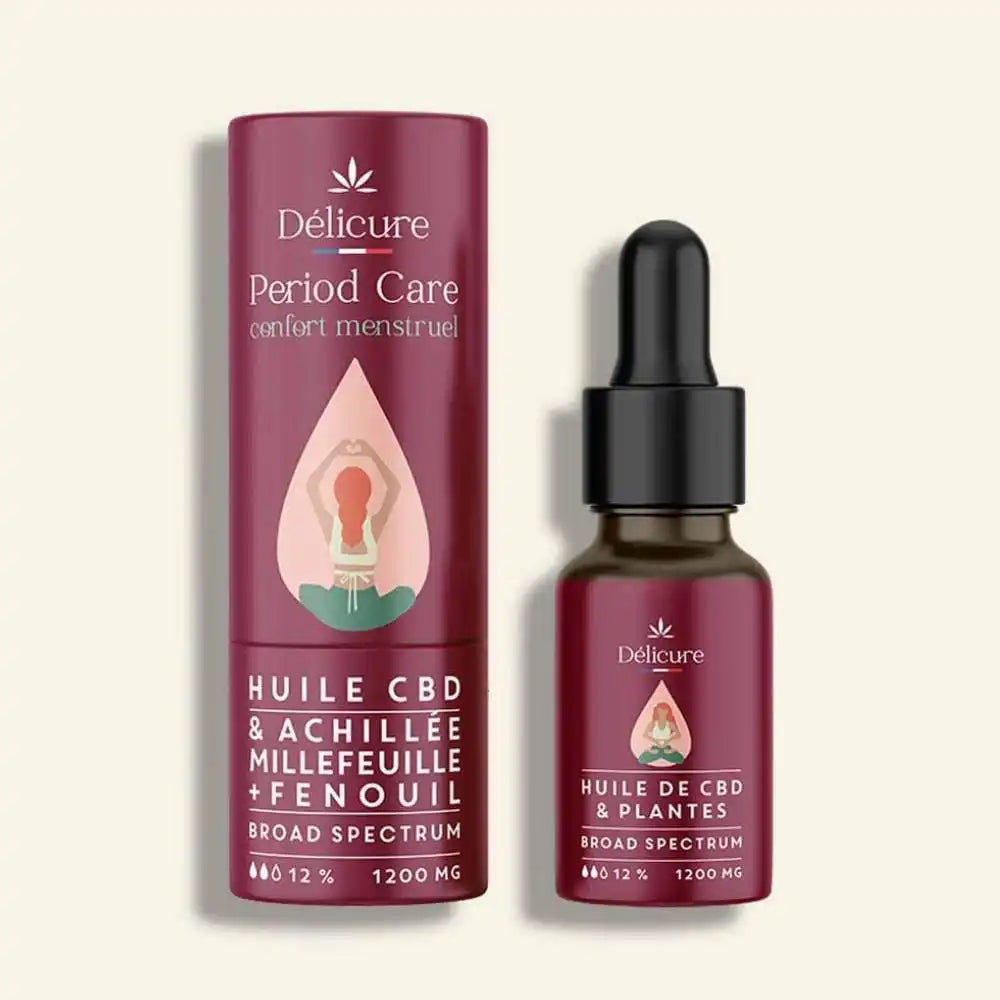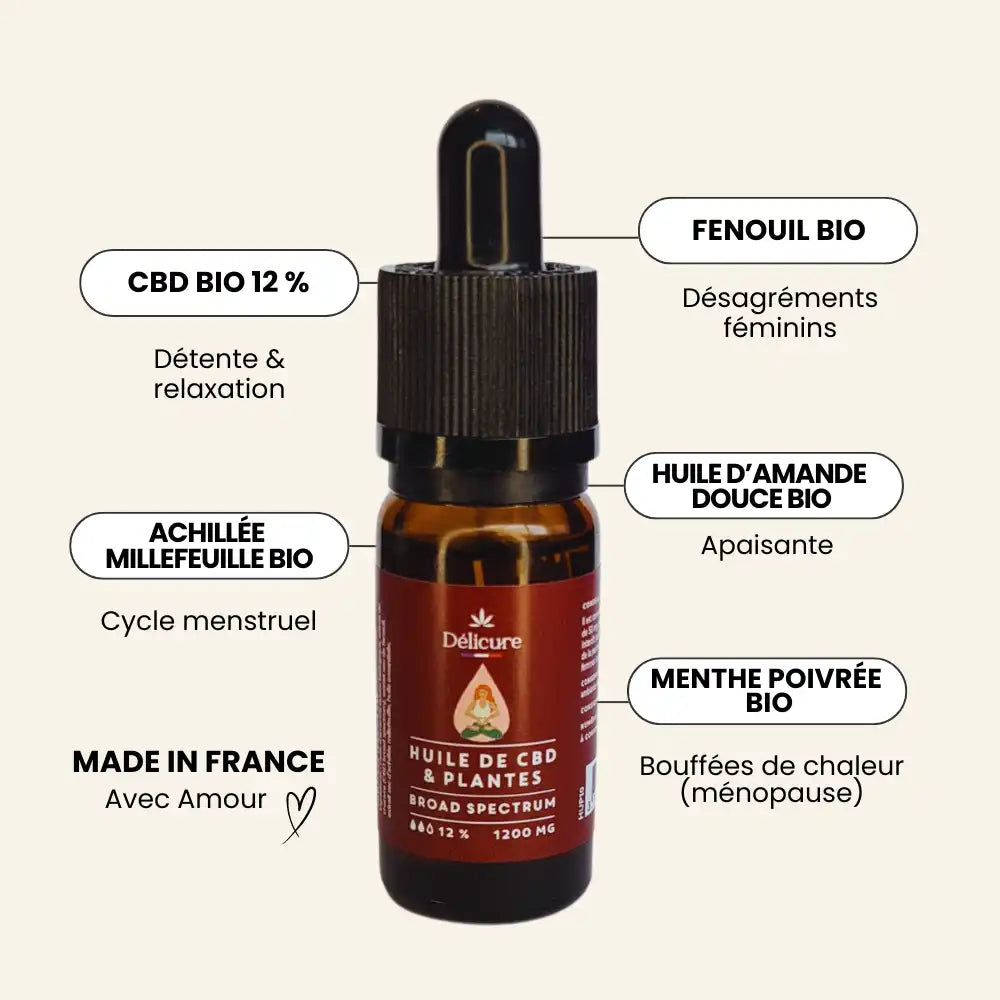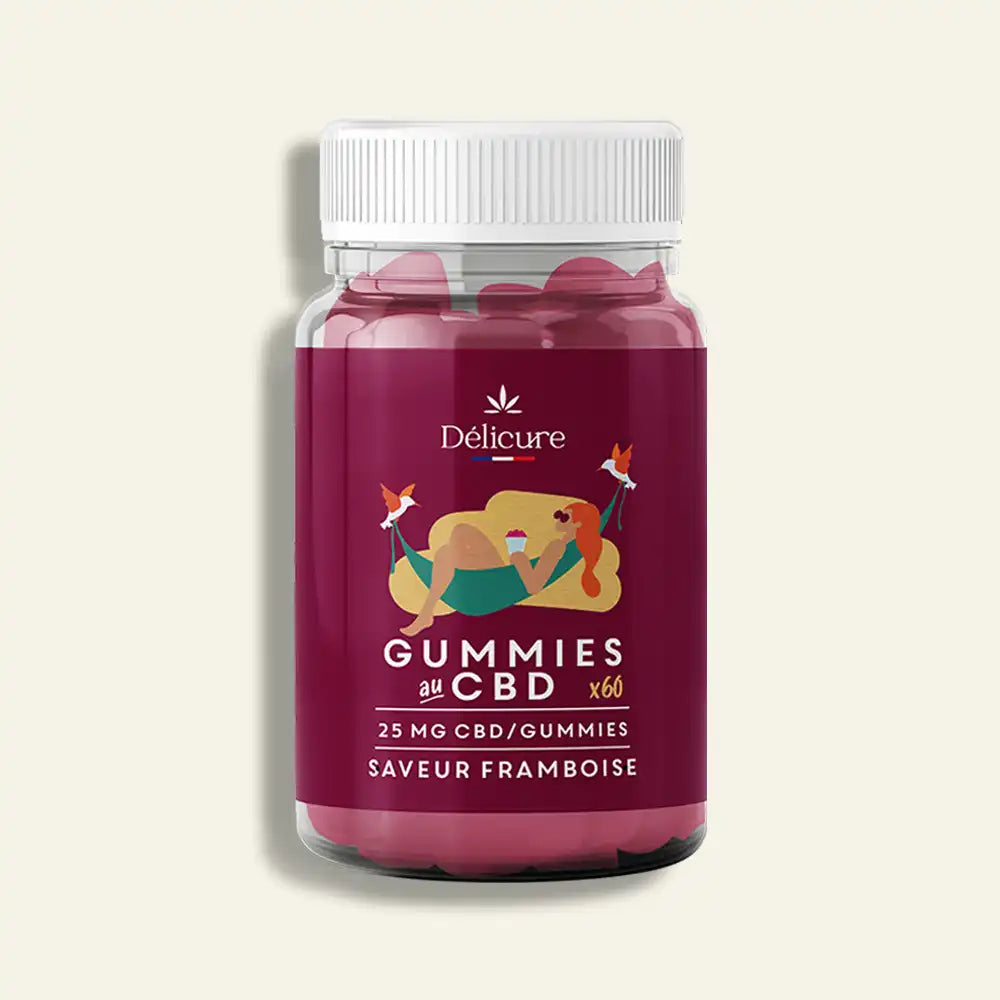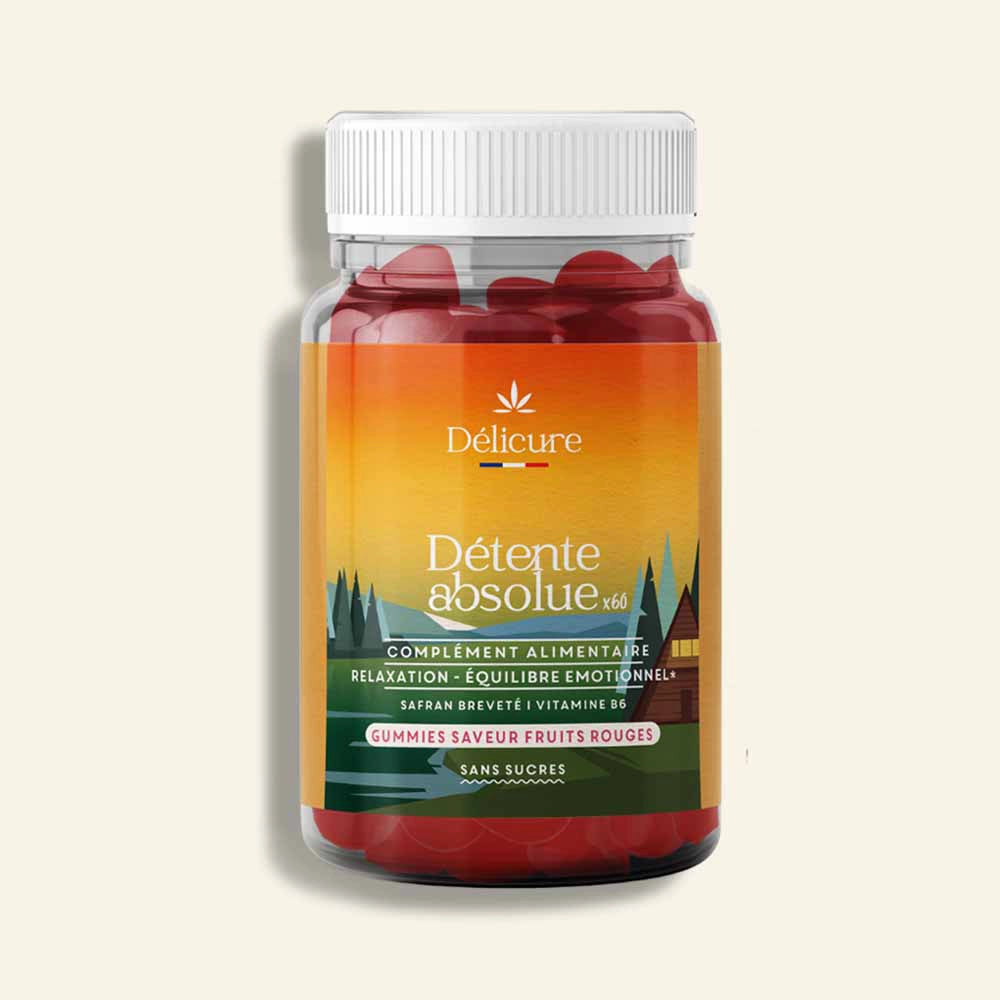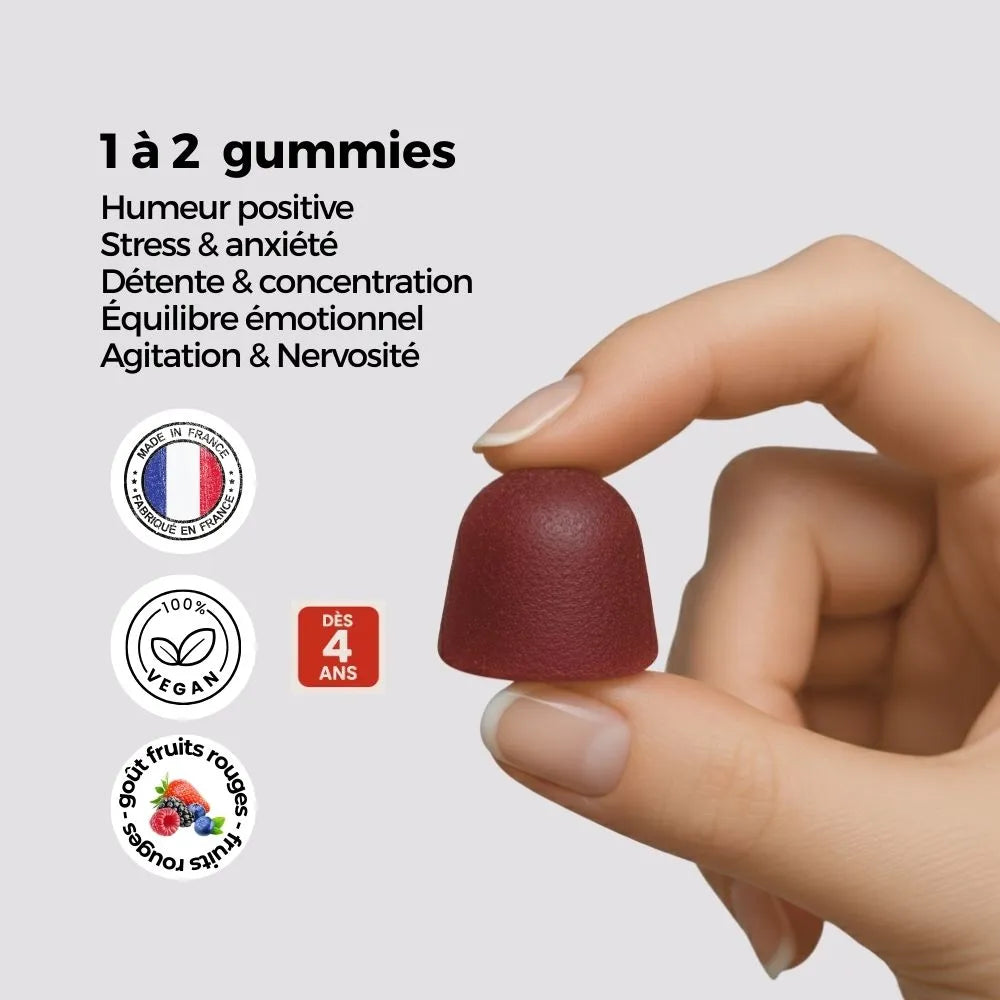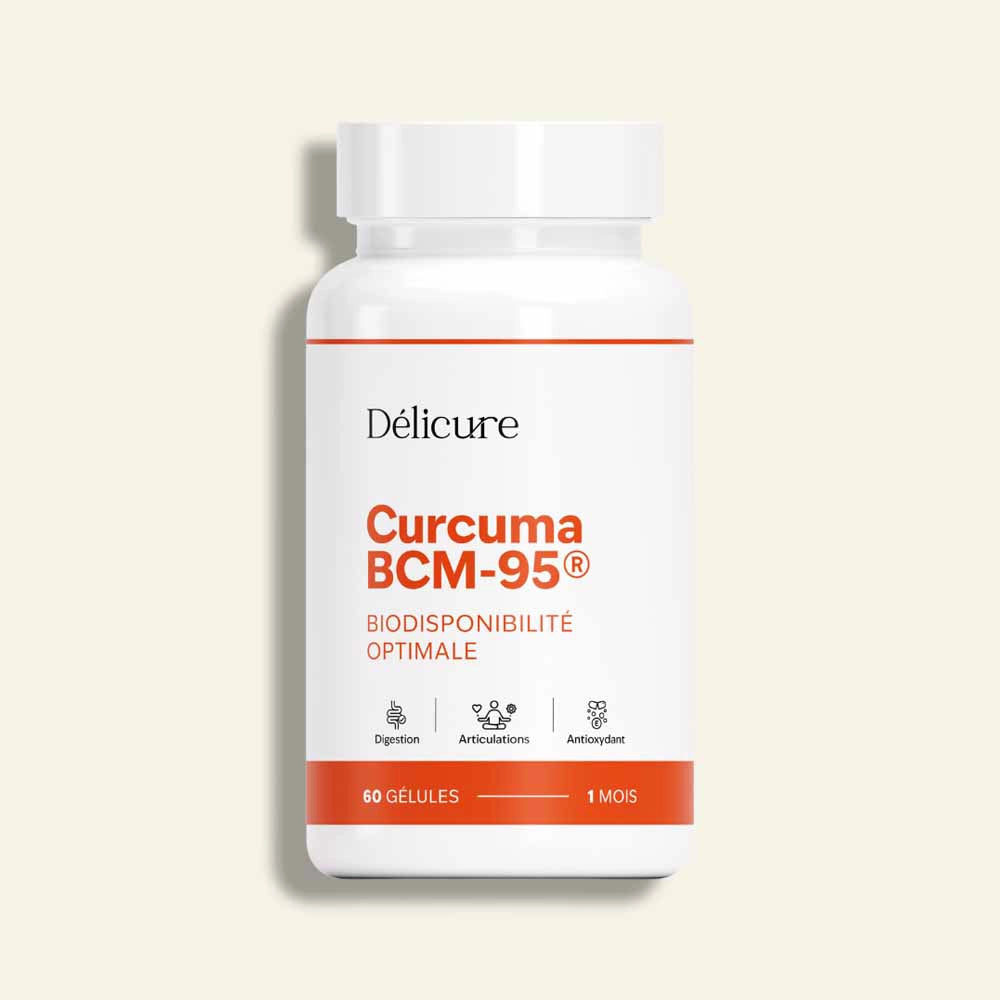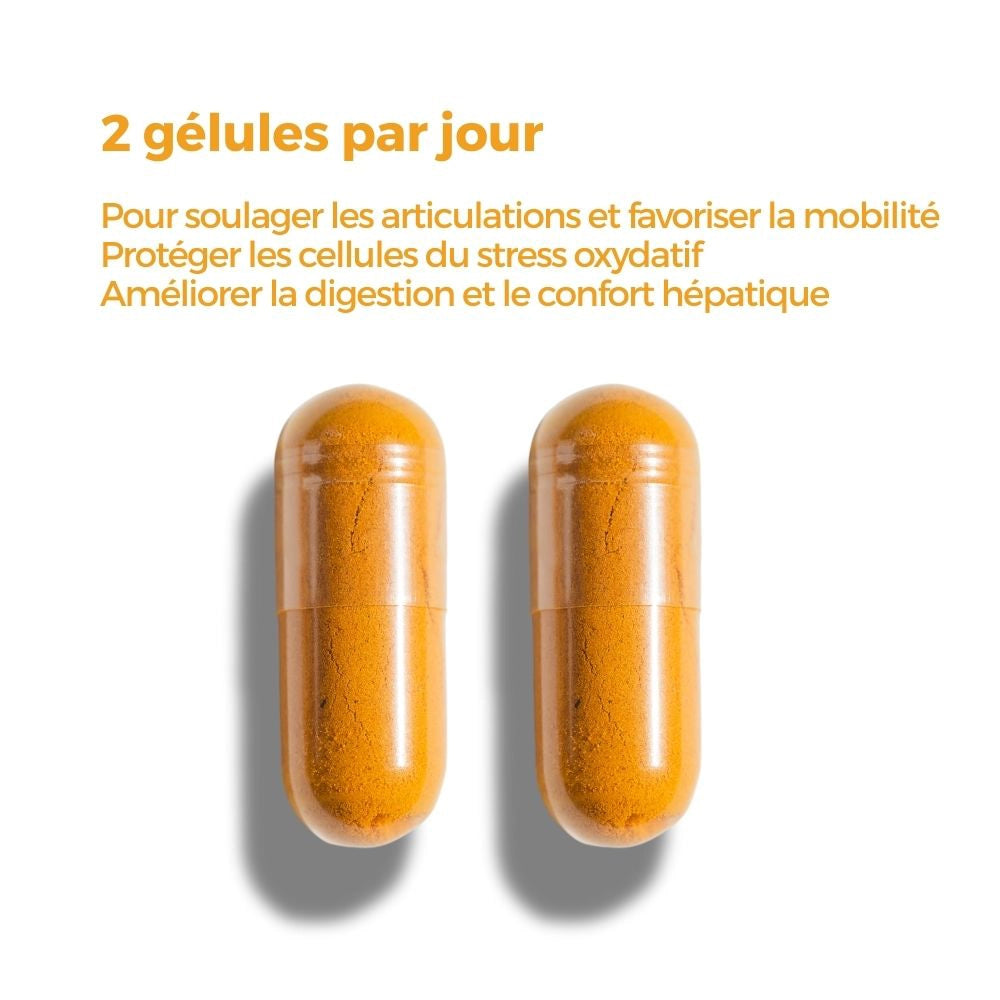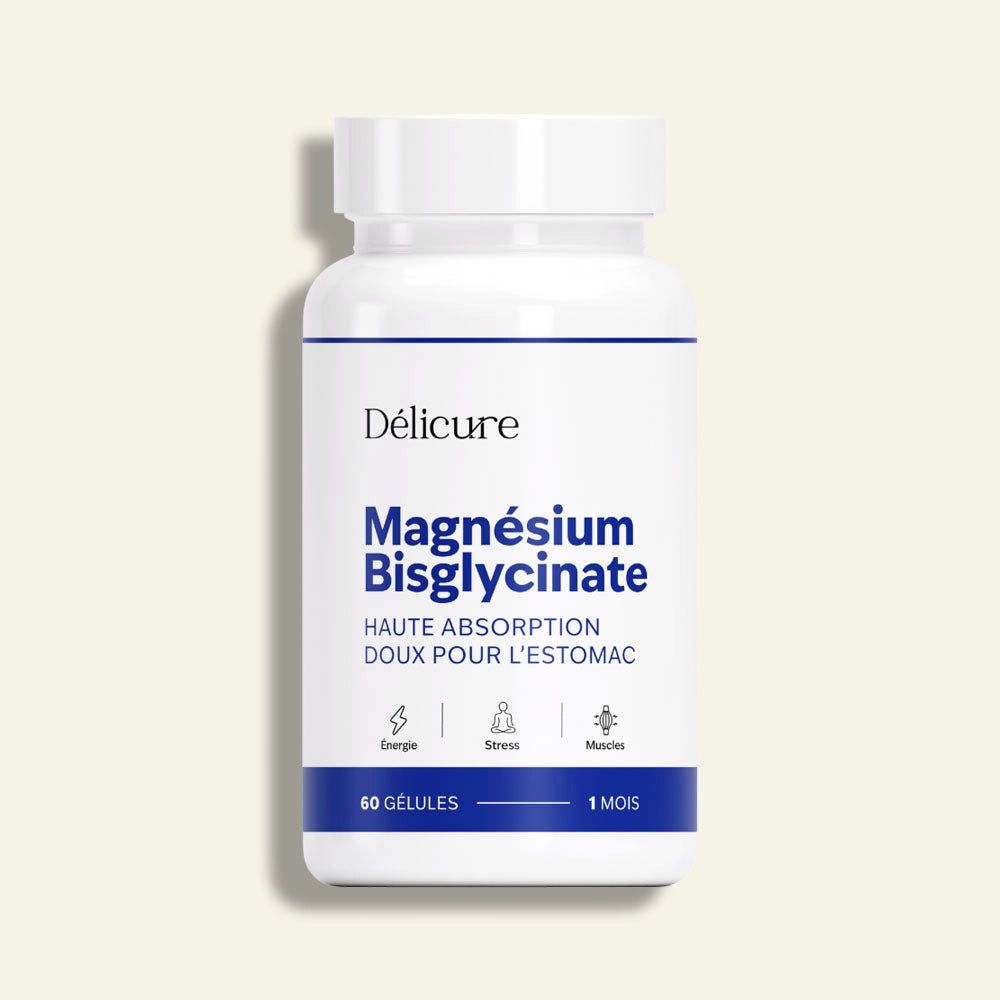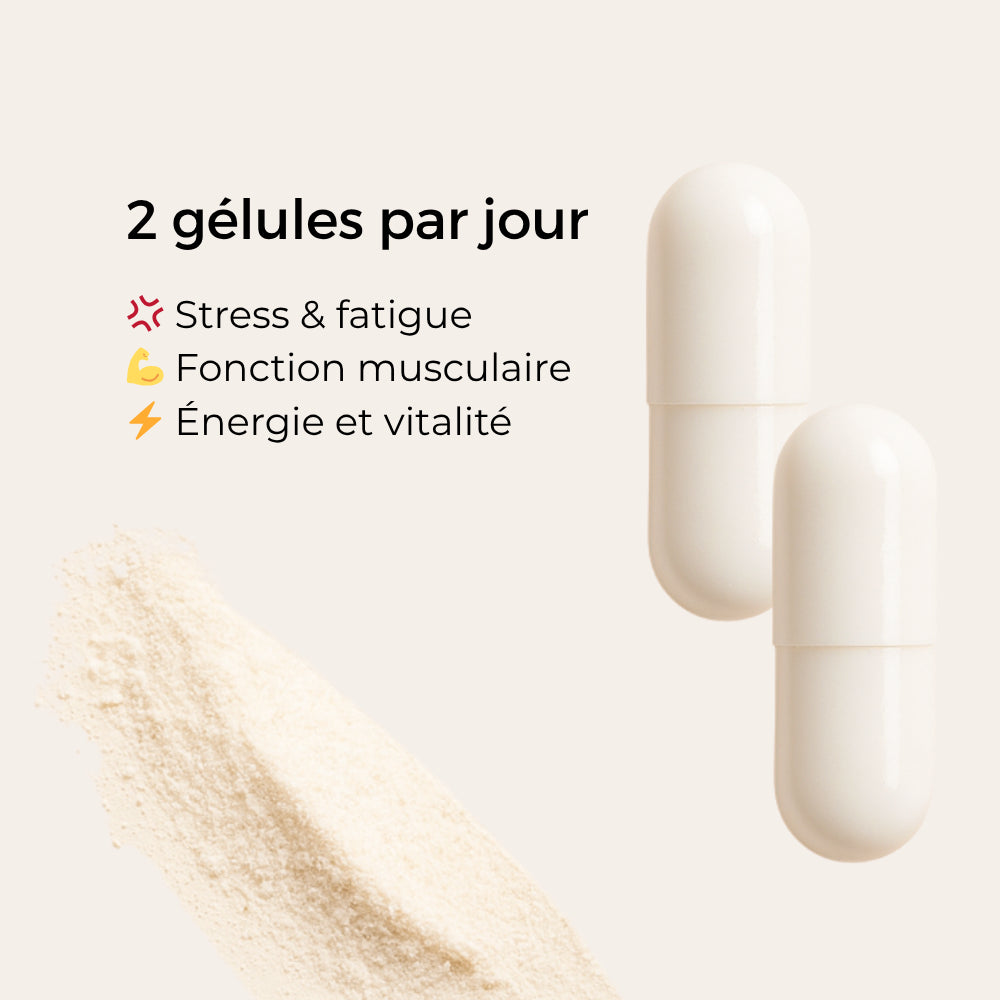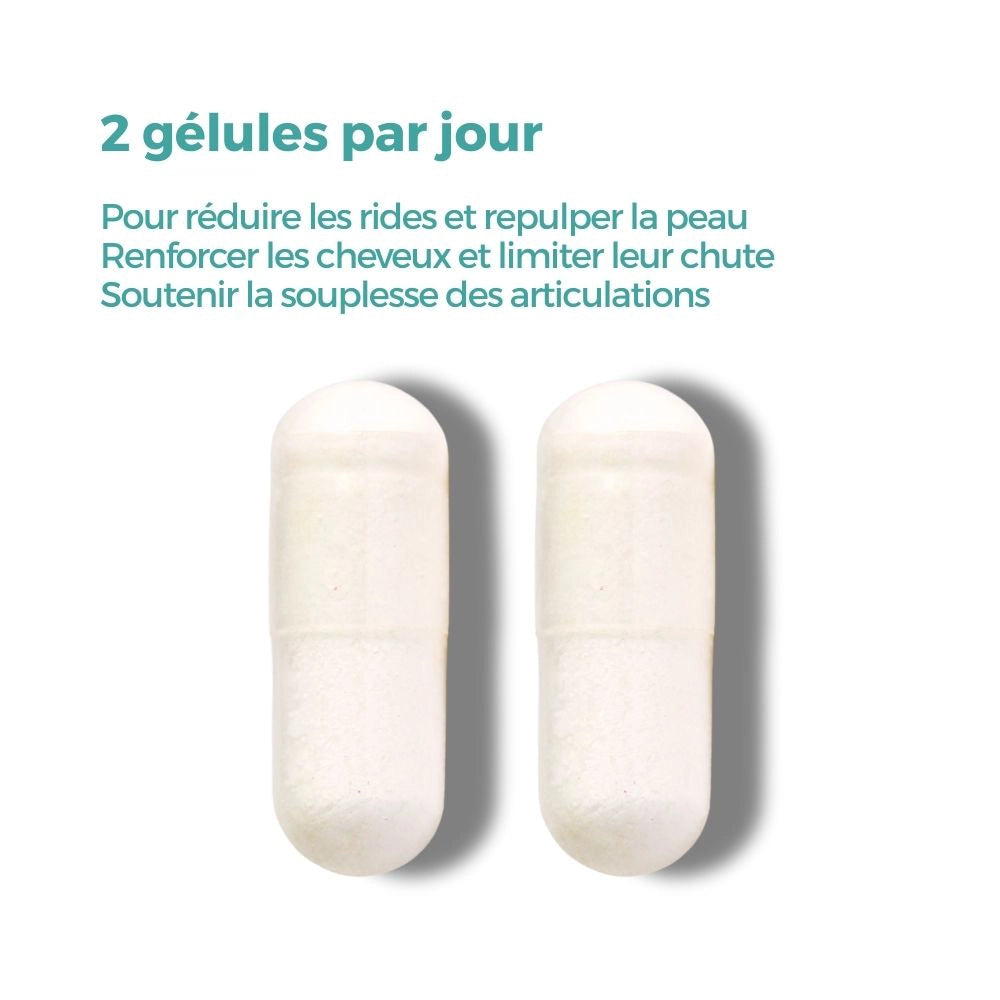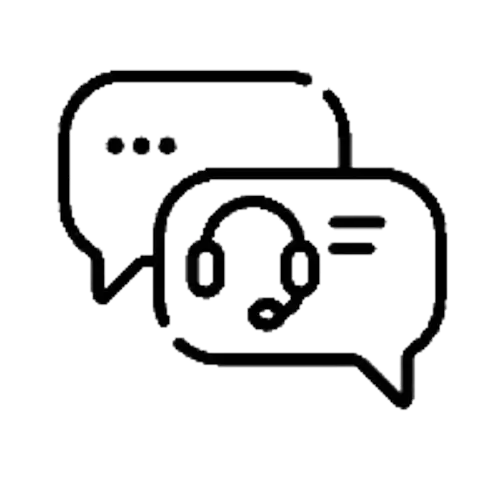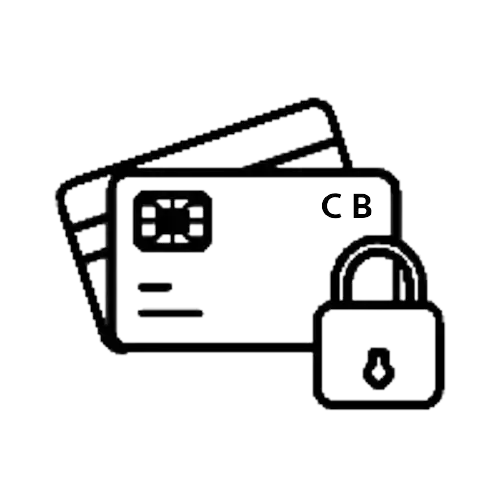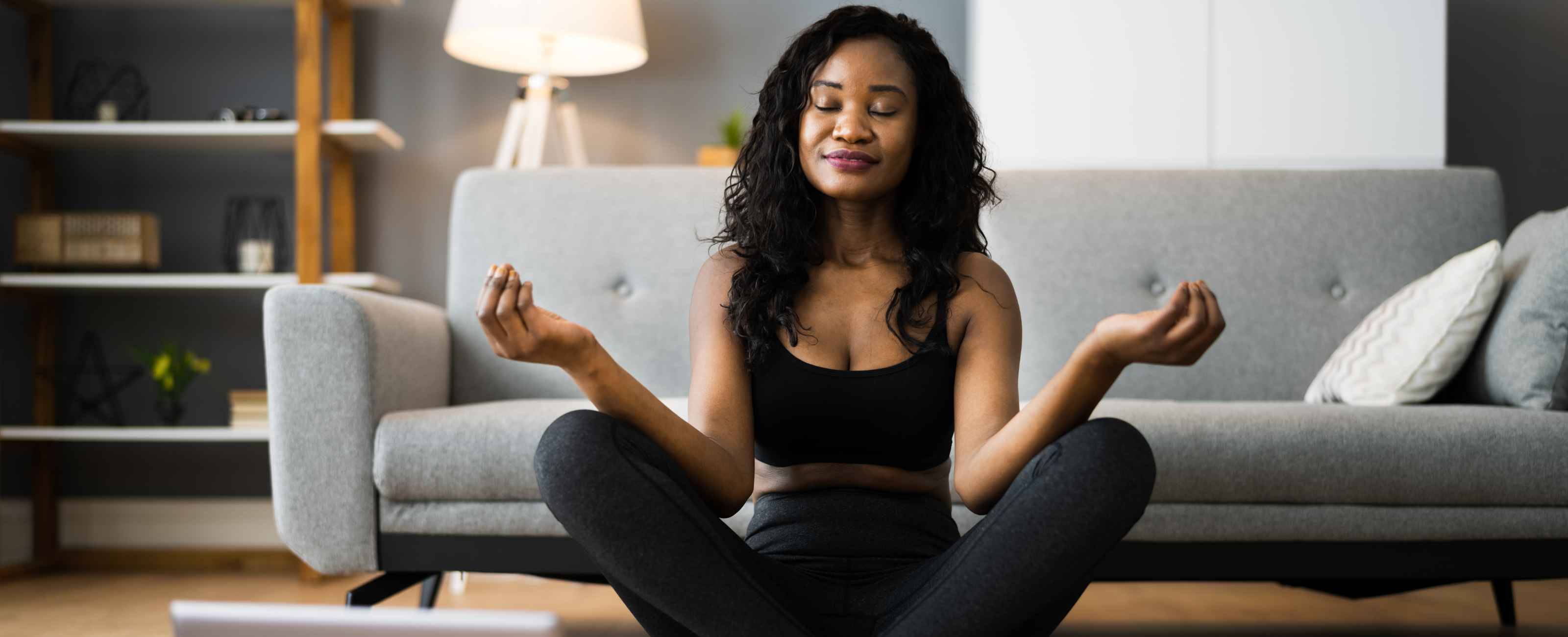
5 tips to reduce anxiety attacks
Anxiety attacks, also called panic attacks, are episodes of intense anxiety that can occur suddenly. Although they are generally harmless to health, they can be extremely impressive and traumatic for the person concerned and those around them. Learning to manage them is essential to regain calm and serenity. Here are five simple and natural tips to alleviate or anticipate these attacks.
What is an anxiety attack?
An anxiety attack often occurs when a person feels insecure, under pressure, or is experiencing intense fear. Even non-anxious individuals can experience them, sometimes without any apparent cause.
Common symptoms:
- Sweats and chills,
- Palpitations and tremors,
- Dizziness and chest pain,
- Muscle spasms,
- Feeling of loss of control.
Although these symptoms resemble those of a spasmophilia attack, they are not life-threatening. However, they may temporarily impair the ability to make decisions, solve problems, or concentrate.

5 Tips for Dealing with an Anxiety Attack
1. Isolate yourself in a quiet place and ask for help
When anxiety strikes, find a quiet place where you can refocus. Away from external stimuli, this isolation helps calm intrusive thoughts. If possible, stay close to a trusted loved one who can reassure you. The simple presence of a caring person can soothe emotions.
2. Accept the anxiety attack
Rather than fighting the crisis, try to embrace it. Recognize it as your body's temporary reaction to intense stress. Observing your emotions without judgment and accepting their presence can reduce their intensity. This letting go is an essential step in regaining control.
3. Work on your breathing
Breathing is often disrupted during an anxiety attack, leading to hyperventilation. To remedy this:
- Take a deep breath with your belly , inhaling slowly through your nose.
-
Hold your breath for 12 seconds , then exhale gently through your mouth for 6 seconds.
This technique, known as cardiac coherence, helps slow the heart rate and calm the nervous system.
4. Practice mindfulness meditation
During a crisis, the mind can be overwhelmed by negative thoughts. Mindfulness meditation consists of focusing on the present moment, by focusing your attention on a positive object, sensation or image. This practice helps to calm the flow of thoughts and reduce the intensity of anxiety.
5. Opt for natural solutions
Natural remedies can play a key role in managing anxiety attacks:
- Adaptogenic and anti-stress plants : Valerian, rhodiola, passionflower, CBD or lime blossom, these plants in infusion or in the form of food supplements can help reduce anxiety.
- Essential oils : Breathing in oils like lavender, ylang-ylang, or sweet orange helps soothe the nerves. Apply a few drops to a tissue or in a diffuser for immediate effect.
- Soothing herbal teas : An infusion of chamomile, lime blossom or lemon balm promotes relaxation and calms tension.
The importance of anticipating anxiety attacks
Beyond these tips, it is essential to identify the situations or triggers that can cause a crisis such as fear , stress, etc. Adopting a healthy and balanced lifestyle, by integrating moments of relaxation and regular physical activity, can greatly reduce the frequency and intensity of crises.
Food supplements to reduce anxiety attacks or excess stress
To reduce anxiety and stress, Délicure offers several ranges of gummies to relax and calm anxiety disorders. One of them is called Stress gummies and plays an important role in preventing anxiety attacks, any psychological or physical manifestation associated with stress.
Cannabidiol (CBD) oil is increasingly used to relax, délicure offers a wide range of CBD oil with different concentrations or formulas to act on the desired field of action. CBD is also available in the form of cannabis candies , not to be confused with THC, an illegal and harmful substance contained in hemp (cannabis).
If a person is often subject to panic attacks, it is strongly recommended to consult a doctor to find a solution, adequate treatment or cognitive behavioral therapies.
To avoid having another anxiety attack and to better channel your nerves , practicing a sporting activity can be useful to reduce stress and contribute to physical and mental well-being. Finally, it is obviously recommended to have a healthy lifestyle and sufficient sleep.






